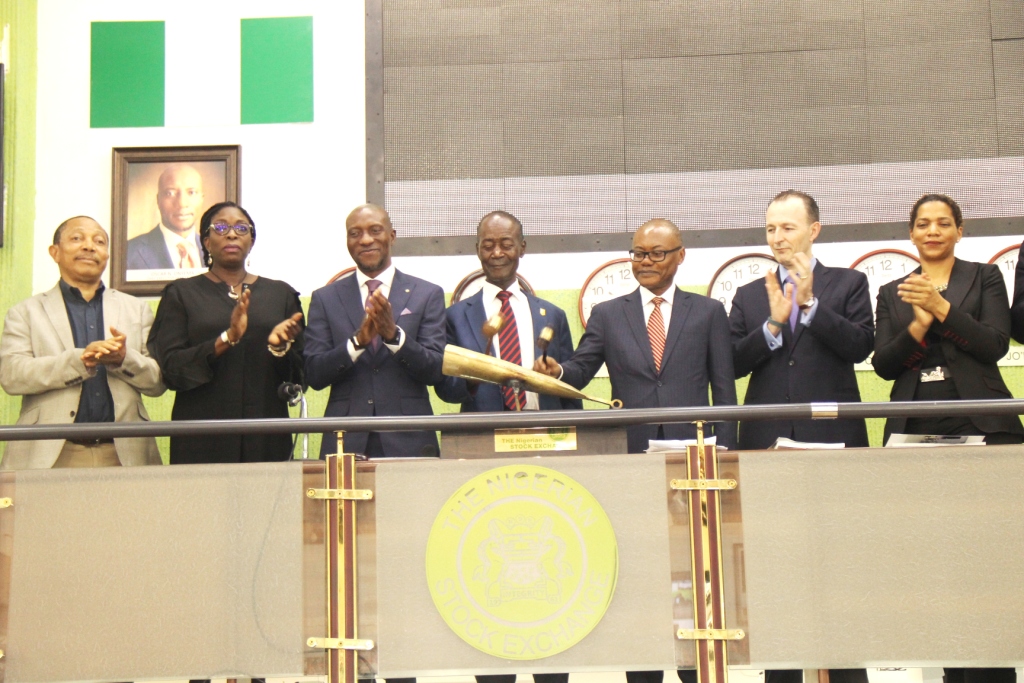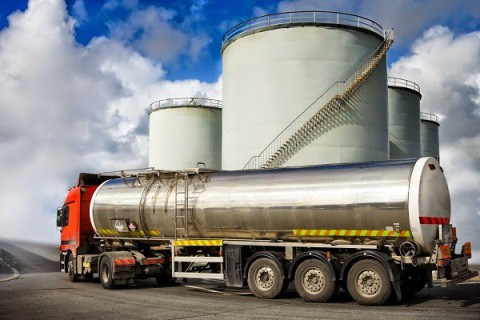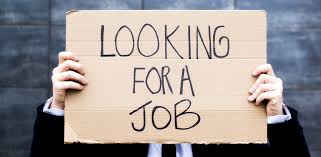Terminal operators, clearing agents and all other stakeholders including importers and exporters in the nation’s shipping industry have traced 2016 hiccups in the sector to Federal Government’s unfavourable policies and summersaults’ in official statements
According to them, the price for the scenario was serious drop in Nigeria’s non-oil revenue within the period under review.
Apart from drop in revenue, the situation made government to be frustrated in all deep pockets infrastructural developments in the ports. Key causalities were the port access roads, paucity of revenue and loss of jobs by several stakeholders.
Background to the drop in activities can be traced from the statistics presented by Nigerian Ports Authority (NPA), which governs and operates the nation’s ports, showing that container traffic inward Nigerian ports (import) dropped to 6,831,348 tonnage as at September 2016, from 9,419,672 in 2015. Besides, the outward container (export) also dropped drastically from 2,263,594 tonnage in 2015 to 1,485,338 in September 2016.
Besides, the number of vessels dropped to 11year lows and stood at 3,347 against 5,014 in 2015 and 5,333 in 2014.
Again, 2016 saw massive drop in the importation of raw materials caused by lack of access to foreign exchange.
Investigations by Business Hilights showed that many terminal operators nearly went under as cargo throughput crashed to record low.
However, operators have started giving antidote to early recovery to avoid the experiences of 2016 this year.
Firing the first shot is the Seaport Terminal Operators Association of Nigeria (STOAN), whose spokesperson; Bolaji Akinola has said “The ports have dried up. Usually at this time of the year (December), it will be difficult to get into Apapa or come out of it”.
“But go to Apapa now, the whole place is as free as ever. This is the peak season, yet there is no traffic. No cargo movement. Everywhere is dried up and the main reason like we have said severally is government’s unfavourable policies.
Key of the bad policies include the National Automotive Policy, which observers say has wiped out vehicle cargo traffic at the ports completely and almost decimated the roll-on, roll-off, RORO terminals in the country.
Continuing, STOAN image maker added that “The hike in import duty of vehicles; hike in rice duty has take away the rice cargo traffic, that is why you have some terminals like ENL Terminal drying up overnight. It’s a terminal that used to be very boisterous and very active, providing jobs for many people.”
“The ban will not be effective without a corresponding slash in vehicles tariffs. I am not trying to scare anyone, but that is the truth of the matter. It will only lead to high rate of smuggling. The only way to check smuggling right now is to accompany that ban with a slash in tariff so that you bring it to the same level as what obtains in the ports of Cotonou and other countries in the sub-region. Otherwise smuggling will be heightened.
“I will give you a practical illustration. Look at rice, importation of rice through the land border has been banned, yet there is no scarcity of imported rice in Nigeria today. Those imported rice you see in the market did not come in through the ports. You can go to the ports and check; you will not see rice vessel there. So how do they come in? They are smuggled in. The same thing will happen to the vehicles, so that is why the only way out is to slash the tariff to 10 per cent that it was, so that it will be at par with other ports in the sub-region.
Another stakeholder, Captain Adamu Audu Biu said one of the best bets that must be done by the government in this first quarter will be to upgrade the nation’s ports facilities in partnership with terminal operators.
According to him, “Our ports and their approaches were last upgraded in the late seventies and early eighties. One must commend the efforts of some of the terminal operators since the concessioning of the ports. The depth of water available in all our port approaches, jetties and berths need to be significantly improved. Same is the case with the structural integrity of our quay aprons.
But President of the Ship Owners Association of Nigeria (SOAN), Greg Ogbeifun insisted that the industry recorded some achievements in 2016, without giving further details, noting that the stakeholders’ forum organised by the Ministry of Transport, further brightened the hope for a better industry in 2017.
While appreciating the minister’s determination to resuscitate Nigerian flag flying ships to ply the nation’s waters with the attendant benefits of job creation and training activities for cadet officers, he argued that allowing stakeholders to drive it remains the best option.
Again, the Managing Director of NPA, Hadiza Bala Usman must match actions with word especially in working on the unmotorable port access roads as observers are becoming tired of more promises and no action after all.
On maritime safety, industry pundits say time has come for the Director General of NIMASA, Dr. Dakuku Peterside to sieve away politics of Rivers State and APC so that he can face the strategic work of fixing the agency.
According to them, he remained the most vocal DG in 2016 but with very paltry results to show as far as NIMASA core duties are concerned.









